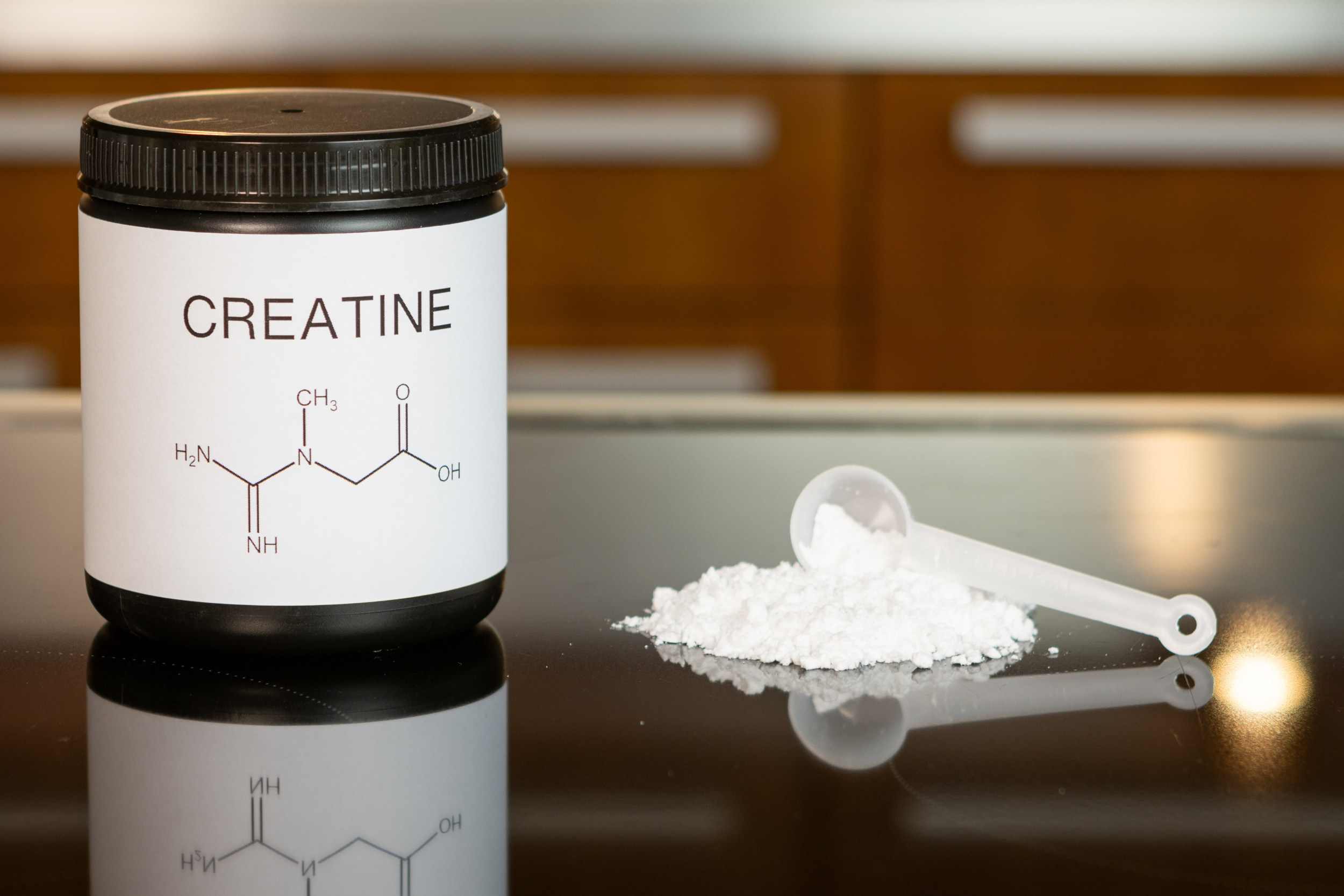Think creatine supplements are just another fleeting fitness fad? Think again! They’ve certainly made waves in the gym world, but there’s a fascinating backstory. Your body actually produces creatine naturally, and it plays a crucial role in nearly every bodily function.
What Is Creatine?
Creatine is a compound produced in the liver, kidneys, and pancreas. Once formed, it converts into phosphocreatine, which is stored in muscles. Phosphocreatine helps generate ATP (adenosine triphosphate), the body’s primary energy source. ATP is vital for every activity, from opening your eyes to intense workouts. During high-intensity exercise, your muscle cells use these phosphocreatine stores to produce ATP, providing the necessary energy boost. Apart from natural production, creatine can be obtained from animal products and some seafood.
Creatine Supplements: What’s the Deal?
Creatine supplements come in various forms, such as pills and drinks, but are most commonly found as powders, similar to whey protein or pre-workout supplements. Sports dietitians recommend creatine monohydrate, the most studied and 100% bioavailable form, ensuring full absorption and utilization by the body.
The Big Benefits of Creatine
Creatine provides numerous benefits, especially related to exercise. It aids the pathway from phosphocreatine to ATP, giving a vital energy boost crucial for performance, recovery, and muscle growth.
Exercise Performance
The primary benefit of creatine supplements is enhancing the effectiveness and intensity of workouts. By increasing phosphocreatine and ATP levels, your muscles receive an extra boost during intense exercise. This can lead to improvements in reps, time, distance, or weight lifted, helping to avoid fitness plateaus and progress through progressive overload.
Workout Recovery
Exercise depletes energy and creates micro-tears in muscle fibers. Creatine supplementation aids in faster recovery by improving ATP resynthesis post-exercise. The quicker your body can…
Read the full article here

Leave a Reply